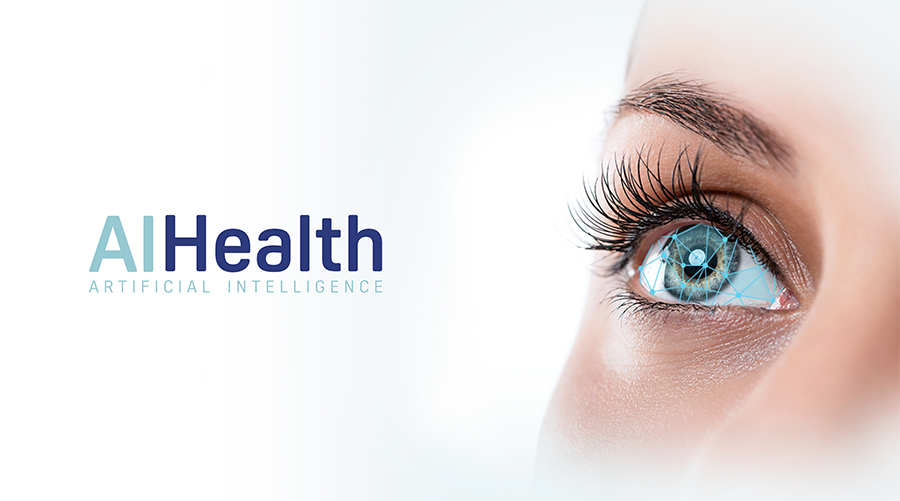The fear to Artificial Intelligence: Security and privacy

Contents
Security and privacy represent the most intense fear and the greatest threats regarding the application of Artificial Intelligence refers to within the health sector.Considering that any sensitive data or information that is entered into an AI tool can be exposed and violated (with the uncertainty that comes with not knowing what happens to that data), it raises awareness a blocking suspicion. This fear is the deepest obstacle that companies and institutions in the health environment are experiencing today. span> given the possibility of using Artificial Intelligence for their own developments. A fear that generates much more harm than the possible benefits offered by this new and revolutionary technology. The reality is that Artificial Intelligence, if used and executed in a professional manner and applying the necessary controls to safeguard information, can (and in fact is) be an exceptional tool to not only go faster but also do so more efficiently. the strictest standards of quality, security and privacy. The healthcare sector is one of the niches that can benefit from AI exponentially. It is imperative to resolve this “pain” that represents the fear of the unknown. How to do it? Relying on evidence that is undoubtedly supported by knowledge and learning of the scenario in which we work with Ai technology. Safeguarding privacy and increasing security in all cases is the greatest and most immediate challenge for AI developers in health.
Artificial Intelligence
Artificial Intelligence is now a reality. Currently, professionals from all over the world make use of different digital solutions and tools supported by this technology: generating written content, designing on very diverse supports, evaluation of the service provided, measurement of results, voice applications, language, vision, analysis of documents, etc. A unique and revolutionary advance in history that has been seen, for example, in the speed with which < users grow. span style="font-weight: 400;">ChatGPT (100 million monthly active users).
“It is considered that generative AI will affect more than 300 million jobs in the main economies and could increase global GDP by 7%” [source Financial Times]. Given these data, is it possible and, above all, bearable, for the health sector and the pharmaceutical industry to stay out of the movement just “out of fear”?
It is true that artificial intelligence as it is currently proposed also generates and creates “significant disturbances.” Some really important inconveniences that must be taken into account as they are the generators of the biggest blockage that a company can have: FEAR.
AI in the health sector
Solving this challenge and pain, you can already see how the industry has improved significantly by implementing AI solutions. Its diverse and multiple applications in healthcare, in drug and protocol research as well as in routine clinical practice are positioning it as primordial ” in the sector.
Increasing the speed in research processes (something vital for medicine), generating more effective diagnostic systems or developing patient data analysis models are just some of the exercises that have already been successfully implemented thanks to AI.
Defined as “technology capable of simulating human intelligence processes including learning, reasoning and self-correction” artificial intelligence works on a series of algorithms known as “artificial neural networks”. A complex system that evolves with each data that is entered, being capable of growing exponentially, even surpassing human intelligence. Something that, put to work in favor of health, will provide unique solutions in history, significantly improving the work of health professionals as well as the patient process.
Benefits of AI in the Health environment
The benefits of Artificial Intelligence in the health sector are numerous and, above all, quantifiable (something that will help evaluate the return on investment of the resources):
- Provides extra support for health professionals’ decision-making.
- Helps improve the training and experience of healthcare personnel.
- It considerably reduces the development times of research programs without reducing quality.
- Allows the opening of new lines of study and analysis that do not reach human capacity and logic.
- Notably improves diagnosis, leading to the implementation of more effective treatments.
- It brings even closer care to the patient as well as their quality of life during treatments.
- The collection of vital data and information to redesign programs is agile, efficient and safe. And above all, an unprecedented improvement in healthcare and corporate processes of the companies and public institutions.
Overcoming the fear of Artificial Intelligence in health: Security and privacy
The only effective and efficient formula to overcome fear in any professional area necessarily requires in-depth knowledge of the tool (Artificial Intelligence), its opportunities and also its threats. From there, the next step will be to have the right solutions and professionals to guarantee its proper functioning based on totally reliable protocols and ethical principles.
It is impossible to develop the use of AI on stage health< /i> (health and pharma) without taking into account basic principles such as equity, security, privacy, inclusion, transparency and responsibility. These Today, the principles are developed in a secure manner and all actions carried out in this area are supported on them.
Actions and strategies collected under the umbrella of AI Health that generate a strong and solid impact on Health by applying significant improvements in disease detection, treatment personalization, predictive analysis, process optimization, creation and validation of sensitive content or detection of anomalies, among others. Above all, in conclusion, revolutionizing medical care and boosting productivity in the processes of companies in the sector. The objective we always work on in any of our AI solutions is to improve the efficiency, precision and accessibility of all digital projects implemented in the health sector.
Fear can never be a barrier. The unknown must be unmasked by learning from it and from the hand of specialized professionals. Artificial Intelligence represents an opportunity for growth and evolution in health. You just need to enter it safely.


